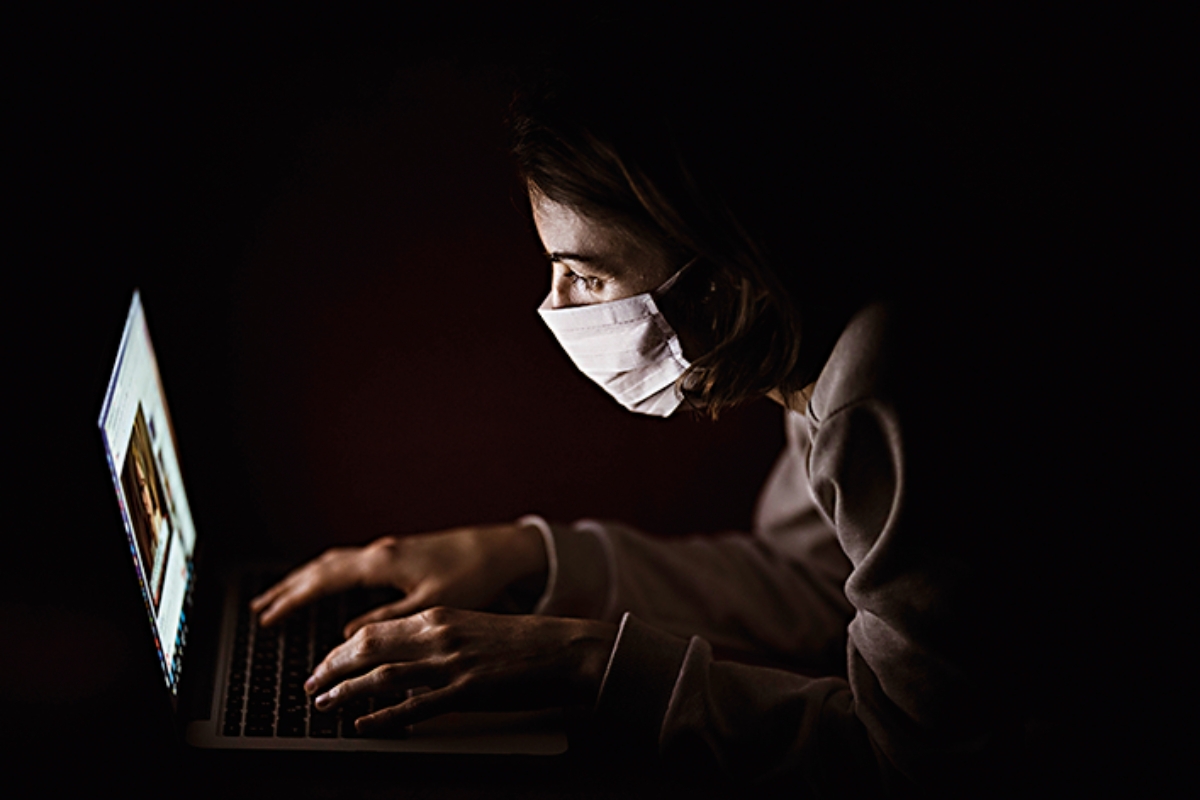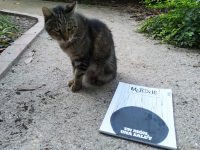
Before one of the worst health crises of the last century began, health misinformation was already running like wildfire on the Internet and social networks. Most of the fake news that circulated on the web before this pandemic concerned health and became far more widespread than the real news. Unfortunately, this phenomenon has escalated with the global COVID-19 crisis: hundreds of hoaxes about the coronavirus, shared by the general population, are flying around the Internet. Many of these hoaxes are about health issues and show false data on many subjects: miracle cures, misuse of masks, etc.
This flood of disinformation over the population is not without consequences, it can cause damage and even kill people. There are a multitude of events that show how something apparently as innocuous as a piece of false information can end up in personal tragedy when it reaches thousands or millions of people. Here is an extreme example: in Iran nearly 300 people died and more than 1,000 became ill after drinking methanol (an antifreeze) because they thought it was a cure for the coronavirus.
The information landscape is becoming particularly complicated not only for the general population, but also for the media, scientists, and health professionals, who are enduring the chaos of misinformation. The urgency of the search for a cure and the dissemination of new coronavirus knowledge and treatments has led to the accelerated publication of a large volume of scientific articles before they pass the peer review process.
«The media, scientists, and health professionals are enduring the chaos of misinformation»
Thus, the process of publishing scientific articles, which usually takes months and even years, has been turned upside down with a clear objective: to share as soon as possible any new information against the coronavirus that may be useful in curbing the epidemic and treating patients. The goal is a noble one, but it has important collateral damage: many «junk» scientific articles are being published that would never have seen the light of day were it for the traditional expert review of the subject, or if they had not been rushed
Under the apparent endorsement of science, the information from these studies reaches the media, which can give them credibility if they do not first check with professionals who can disprove them. This is what happened, for example, when multiple media outlets reported that there were already two strains of coronavirus in the world, one more lethal and aggressive than the other. This claim actually arose from a study with many errors and limitations that other research and experts debunked within a few days.
Some trials are being published that would never have appeared in prestigious medical journals under normal circumstances because of their low quality. These «botched» clinical trials, far from clarifying what therapeutic measures can help patients with COVID-19, sow confusion and doubt. Like a domino effect, some media exaggerate the positive results of certain medicines without being aware of these botched clinical trials, and this misinformation or lack of scientific proof reaches the population. This is what occurred with hydroxychloroquine, which has not yet been scientifically proven to be useful for coronavirus patients, although many people are already convinced that it is the solution. The consequences did not take long to arrive: people died or were affected by serious adverse effects as a result of self-medicating with this drug in different countries, and many governments took measures to prevent pharmacies from stocking up on it. These are bad times, without a doubt, both for humanity and for the rigour of information.





